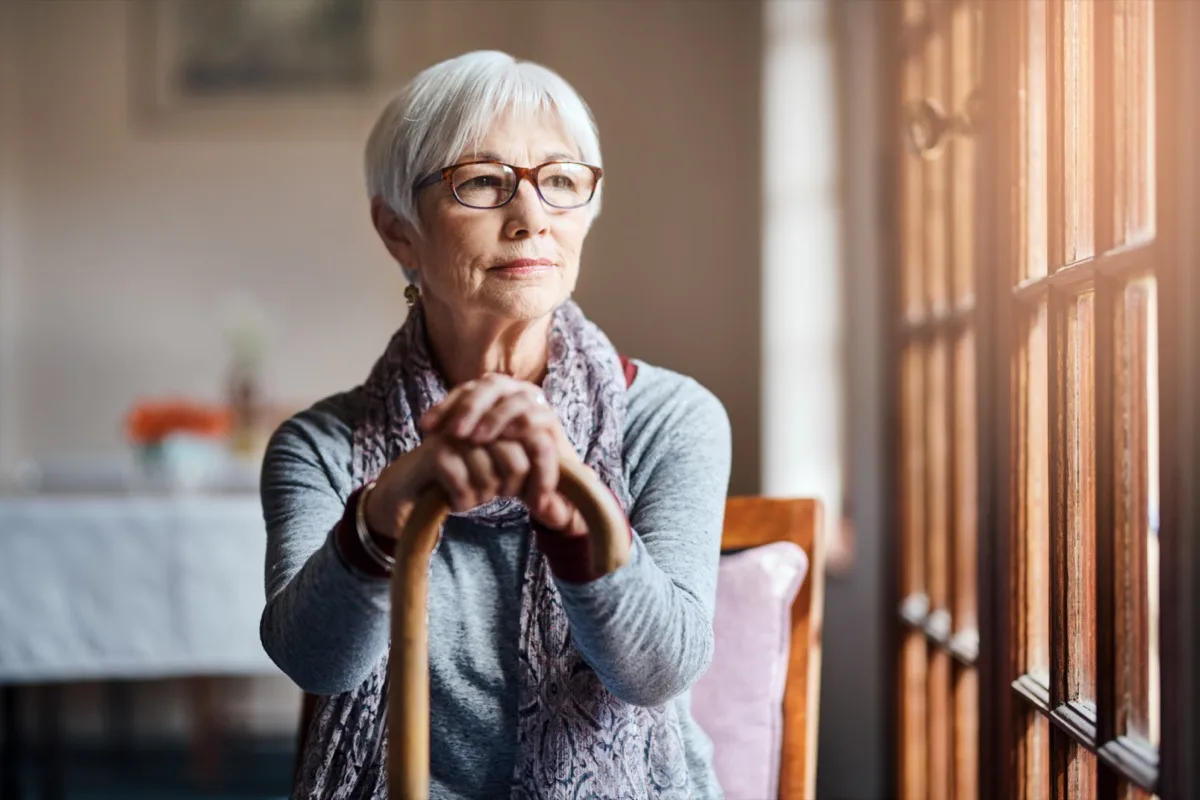Latest data released by the Australian Institute of Health & Welfarehttps://www.aihw.gov.au/family-domestic-and-sexual-violence/population-groups/older-people#:~:text=In%20institutional%20settings%2C%20Yon%20et,and%20sexual%20abuse%20(1.9%25). (AIHW) has made some key findings that show people in Australia are at increased risk of abuse in their later years. This abuse can take many forms, including psychological or emotional abuse, financial abuse, physical abuse, sexual abuse, and neglect.
Key findings of the most recent data:
- 1 in 6 (15% or 598,000) people in Australia experienced elder abuse in the past year.
- psychological abuse is the most common form of elder abuse.
- 1 in 2 people who perpetrate elder abuse are a family member.
- 1 in 3 people who experienced elder abuse sought help from a third party.
As Australia’s population ages, the number of older people in Australia experiencing abuse is likely to increase over time. A key aspect of the definition is that elder abuse occurs in relationships where there is “an expectation of trust”. Such relationships include those with family members, friends, neighbours, and some professionals such as paid carers.
Prevalence estimates are likely to underestimate the true extent of elder abuse. This is because victim-survivors can be reluctant to disclose ill-treatment by a family member, or because they are dependent on the abuser for care. Older people with cognitive impairment (for example, dementia) or other forms of disability may also be unable to report abuse.
Evidence from international studies show that abuse estimates are higher for older people in institutional settings than in the community. A 2017 review found that there is a greater likelihood for women being abused (17%) than men (11%) with sons also more likely to perpetrate abuse than daughters.
What kind of abuse is perpetrated?
The AIFS National Elder Abuse Prevalence Studyhttps://aifs.gov.au/research/research-reports/national-elder-abuse-prevalence-study-final-report estimated that, in 2020:
- around 1 in 6 (598,000 or 15%) older people living in the community had experienced elder abuse in the past year
- 471,300 (12%) had experienced psychological abuse in the past year
- 115,500 (2.9%) had experienced neglect in the past year
- 83,800 (2.1%) had experienced financial abuse in the past year
- 71,900 (1.8%) had experienced physical abuse in the past year
- 39,500 (1.0%) had experienced sexual abuse in the past year
- a slightly higher percentage of women than men had experienced any form of elder abuse in the past year. This pattern was also evident for psychological abuse and neglect.
Who are the perpetrators?
Around 1 in 2 (53%) perpetrators of elder abuse were family members (includes ex-partner/spouses). Perpetration by family members was highest for financial abuse (64%) then neglect (60%), psychological abuse (55%), physical abuse (50%) and sexual abuse (15%). Sexual abuse of older people was primarily perpetrated by friends (42%), acquaintances (13%) and neighbours (9%).
Support for abused persons
The AIFS study estimated that:
- 1 in 3 (36%) older people in Australia who experienced abuse sought help or advice from a third party such as a family member, friend or professional;
- help seeking was most common after physical abuse, followed by psychological abuse, financial abuse, sexual abuse and then neglect;
- of those seeking help, the most common sources of help were family members (41%) and friends (41%), followed by a GP or nurse (29%), a professional carer (24%), the police (17%) and lawyers (15%). Around 1 in 20 (5.3%) contacted a helpline.
Around 8 in 10 (82%) older people who experienced abuse had taken action to stop the abuse from happening again. These actions included informal actions (such as speaking to the person) and formal actions (such as seeking legal advice). The most common actions were speaking to the person or breaking contact with them.
If you, or someone you know has been abused, you can call 1800 ELDERHelp.
